On May 21, Tokyo's third annual TEDx event was held at Miraikan (the National Museum of Emerging Science and Innovation) in Odaiba. Though officially closed until June 11 due to the Great Eastern Japan Earthquake, Miraikan hosted 300 guests to this year's event: TEDxTokyo 2011: Enter the Unknown.
The live colloquium, featuring some of Japan's most innovative and thought-provoking speakers, focused on practical and innovative ways to rebuild, support, and rethink Japan's future. As well as the live audience, TEDxTokyo was viewed by more than 50,000 people via simultaneous bilingual live-streaming broadcasts.
TED was originally conceived in 1984 as a nonprofit stage for groundbreaking thinkers in the fields of technology, entertainment and design — hence the acronym. Since then, however, it has burgeoned into a multimedia-savvy "tribe" of minds dedicated to the exchange of challenging ideas, ideals and appreciation of the arts. Its concept is simple and seductive: Give recognized experts in their fields — whether game designers, botanists, novelists, yo-yo cognoscenti or brain surgeons — a chance to convey their passions, inventions and dreams to a focused and open-minded audience in brief, condensed presentations. Then, to maximize exposure to the speakers, the talks are both streamed live and archived on the Internet.



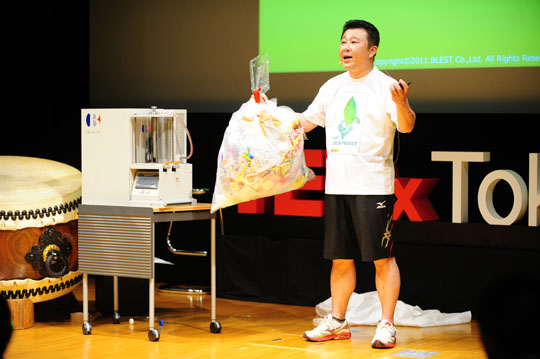
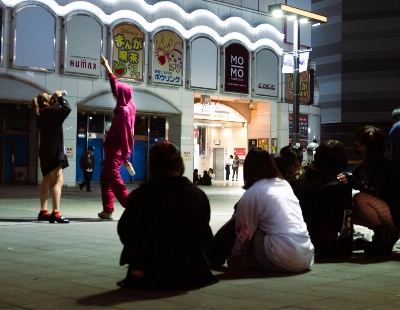
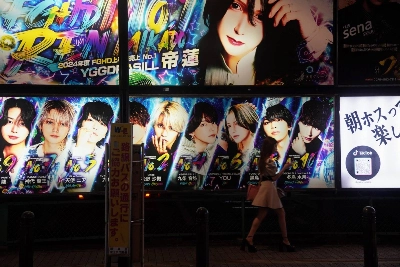
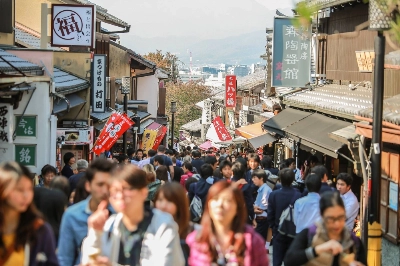
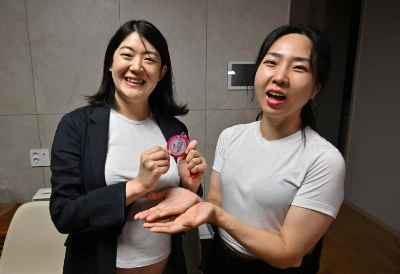
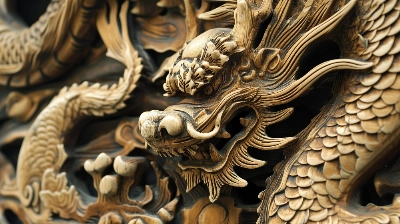










With your current subscription plan you can comment on stories. However, before writing your first comment, please create a display name in the Profile section of your subscriber account page.